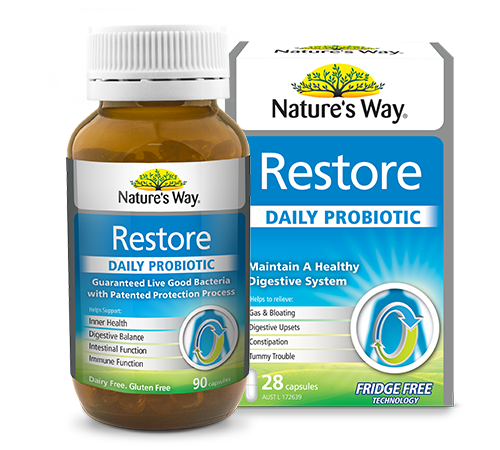6 Things to Know Before Taking Probiotics
Probiotics are not regulated like drugs
Probiotics are offered as nutritional supplements and don't require Food and drug administration approval prior to being marketed, and don't feel the same rigorous testing for safety and effectiveness as drugs do.
Although supplement makers cannot make disease-specific health claims without the FDA's consent, manufacturers could make vague claims, for example stating that an item "improves digestive health." Also, there aren't any standardized levels of microbes or minimum levels needed in foods or supplements.
Mild side effects are possible
When individuals begin taking probiotics, there is a inclination to build up gas and bloating within the first couple of days. But at these times, these signs and symptoms are often mild, plus they generally disappear after 2 to 3 times of use.

All foods with probiotics are not created equal
Milk products normally have probably the most probiotics, and the quantity of live bacteria during these foods is very good.
Past the dairy products, probiotics are also found in pickles packed in brine, sauerkraut, kimchi (a spicy Korean condiment), tempeh (a soy-based meat substitute) and miso (a Japanese soybean paste).
There are foods that apparently leaped around the probiotics bandwagon. They are not naturally fermented or cultured, but might supply some live microorganisms. These food types include probiotic-enriched juices, cereals and snack bars.
Although nearly all probiotics present in foods are secure for most of us, the larger problem is if the organism is really present once the person consumes the meals. In some instances, the organism might have decayed, which makes it less active than it may be and fewer in a position to offer health advantages.
Probiotics might not be safe for everyone
You'll find certainly lots of people who should avoid probiotics in foods or supplements. These could include individuals with weakened defense mechanisms, for instance cancer patients who're receiving chemotherapy. The hazards may also be elevated in people undergoing organ transplants, as well as for individuals who've had procedures to remove their gastrointestinal tract.
Individuals who're hospitalized and possess central IV lines should avoid probiotics, in addition to individuals who've abnormal heart valves or who are required heart valve surgery,as there might be a possibility of infection.
Pay attention to expiration dates
Live microorganisms always have a limited shelf existence, and so people should use probiotics before their expiration dates to maximize the possible benefits. To avoid the microorganisms from losing their potency, trademarks or manufacturer's websites may suggest proper storage information some supplements needs refrigeration, or stored at 70 degrees or perhaps in a cooler, darker place.
Read product labels carefully
The quantity of probiotics inside a food method is frequently unclear. Component labels may reveal the organism's genus and species, and do not incorporate a microbe count.
Labels on supplements should specify the genus, species and strain. For instance, a label might say, "Lactobacillus rhamnosus GG." Microbe counts are listed as colony-developing units (CFU), what quantity of live microorganisms present in one dose, typically within the billions. Follow package directions for instructions on proper dosage, frequency and storage.
To know more about the probiotic products visit ProbioticsReport.com



